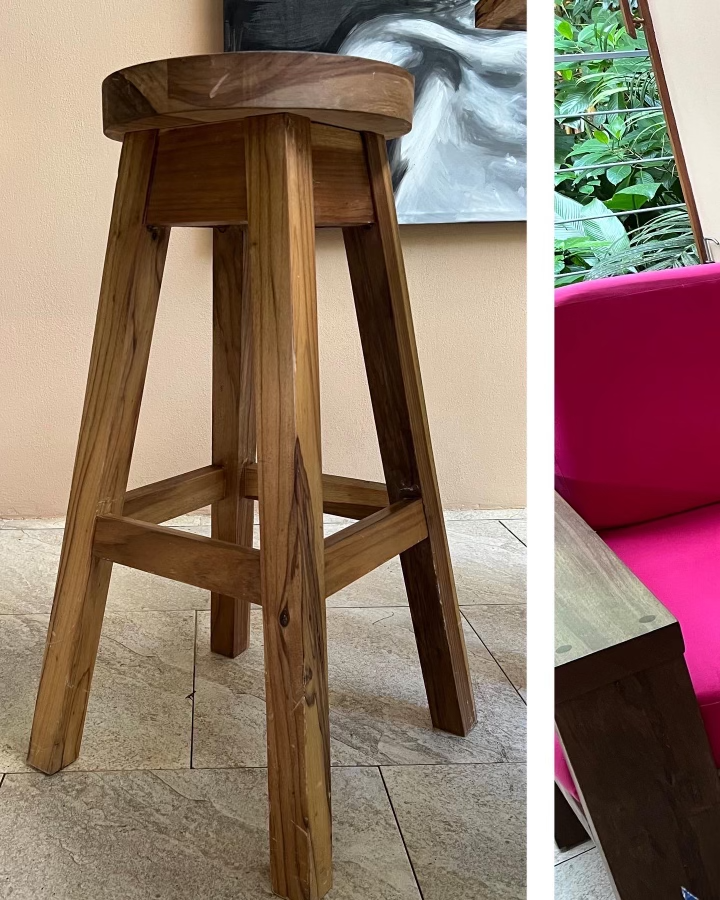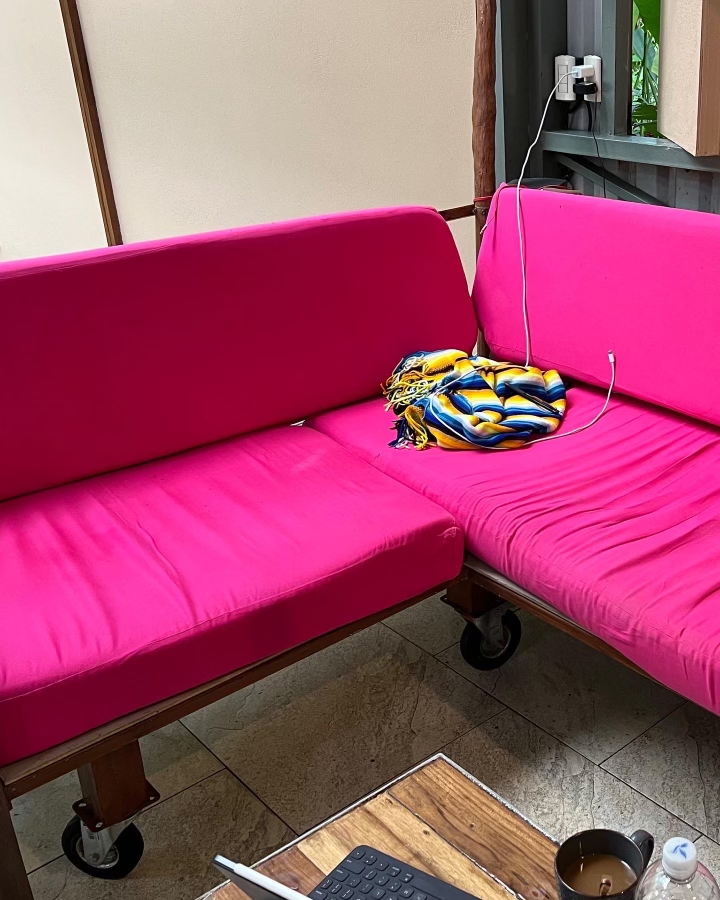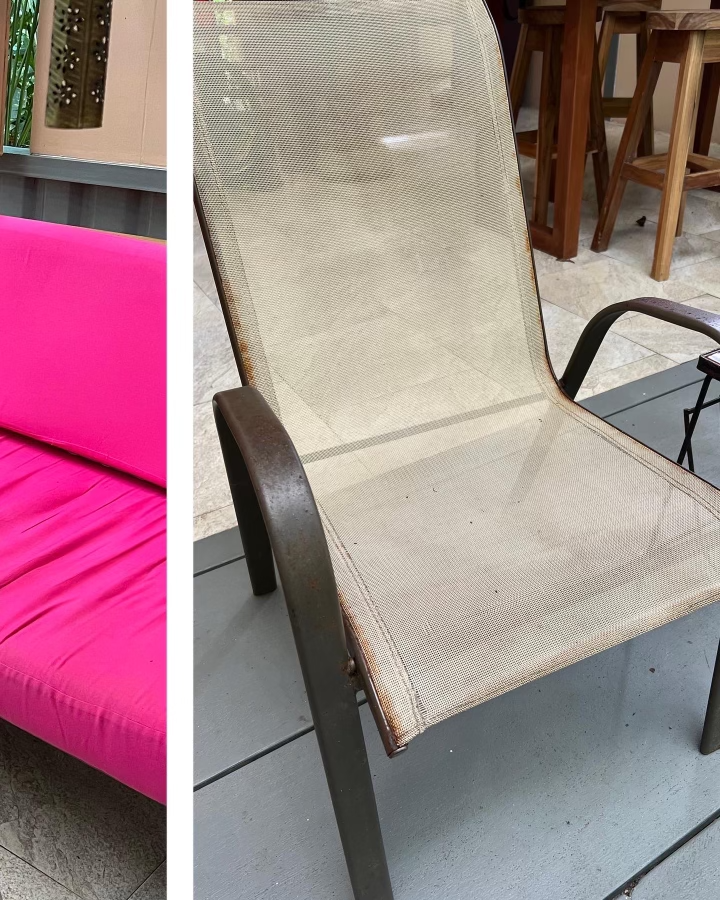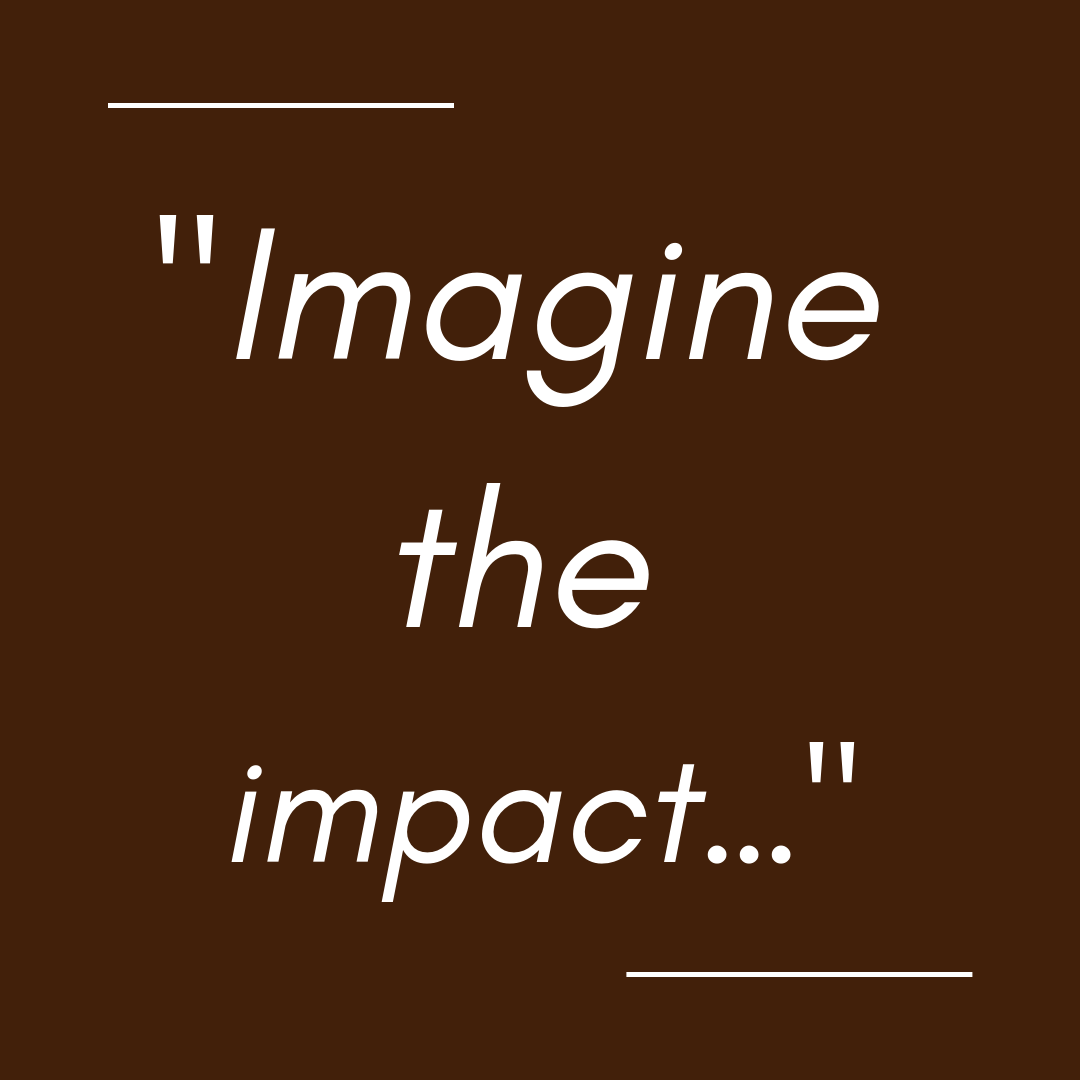Let’s rethink accessibility
What’s your immediate definition when you hear the word “accessibility”?
What words, phrases, and/or images come to mind?
Would you think about chairs, or water dispensers, or bathroom signs, or changing tables, or language in paperwork, or paperwork font, or video captions, or practicing cultural humility?
“1. a: capable of being reached
b: easy to speak or deal with
2. capable of being used or seen
3. capable of being understood or appreciated
4. easily used or accessed by people with disabilities: adapted for use by people with disabilities”
“1. a physical, mental, cognitive, or developmental condition that impairs, interferes with, or limits a person’s ability to engage in certain tasks or actions or participate in typical daily activities and interactions
2. a program providing financial support to a person affected by disability
3. a disqualification, restriction, or disadvantage
4. lack of legal qualification to do something”
What if we recognized that living with a disability, illness, invisible illness, or however you may categorize it - has a culture of it’s own. There are norms and qualities that only people within the community may experience. There are also ways we as a society can practice cultural humility around these lived experiences.
I live with an invisible illness, a chronic illness. At times of my life I’ve been asked if I’d like a handicap sign for my car. If you’d like at me, you probably wouldn’t guess that anything was medically, very wrong. In my work as a therapist, I never really talked about living with lupus. I had been working with a client for a while, who lived with their own chronic illness, though more visible. I was asking this client some questions, which I now recognize were fairly specific questions. This client paused, looked me in the eyes and said “either you’re sick too, or someone very close to you is, because no one has ever asked me questions that spot on.”
I didn’t even realize I’d done it. I was asking questions that I knew to ask because I was living with some shared experiences. To me, they were very normal questions. To her, they were a sign that I was apart of the community some how. Yes, I did wind up sharing, appropriately, about my lived experience. It was a really effective moment in that session which actually opened up the doors for continued progress for that client. That was the moment I started talking about living with chronic illness more openly. At that point, I’d done my own extensive therapy on the trauma of this experience - so I felt I could do so appropriately.
The reality is, accessibility does not get to be decided on by people outside of the community. It needs to be discussed and considered with respect to people who have lived experiences. Have you ever tried to use a changing table when you walk with assistance. Have you ever had to navigate a waiting room, or really any public or professional space when you walk with assistance or move your own way?
What if we began to continually assess for accessibility throughout our lives. Not just when someone points out a problem. What if we hired people with lived experience to provide the education and resources to provide the insight we need to be better. Notice I said hire. Please, please don’t find someone in your office who you’ve decided is an accessibility expert (based on your own assumptions) and require they offer you this insight for free. That’s disrespectful, stereotyping, and once again putting the burden of responsibility onto another - without any compensation. If folx offer, that’s different - but still consider your capacity for compensation. It’s deserved.
Imagine a world where everyone was intentional about making their businesses and spaces as accessible as possible. Imagine the impact…





